What’s that fishy smell?
Oh, not! It’s coming from Fido!
What’s wrong with my furry BFF? Why does my dog smell like fish?
I’m really sorry, but this is not harmless at all.
A fishy smell must be treated in order to stop severe health issues, and I’m here to teach you how to spot the signs and how to deal with it.
Are you ready to help Fido smell like a dog, not a fish again?
What’s With The Fishy Smell?
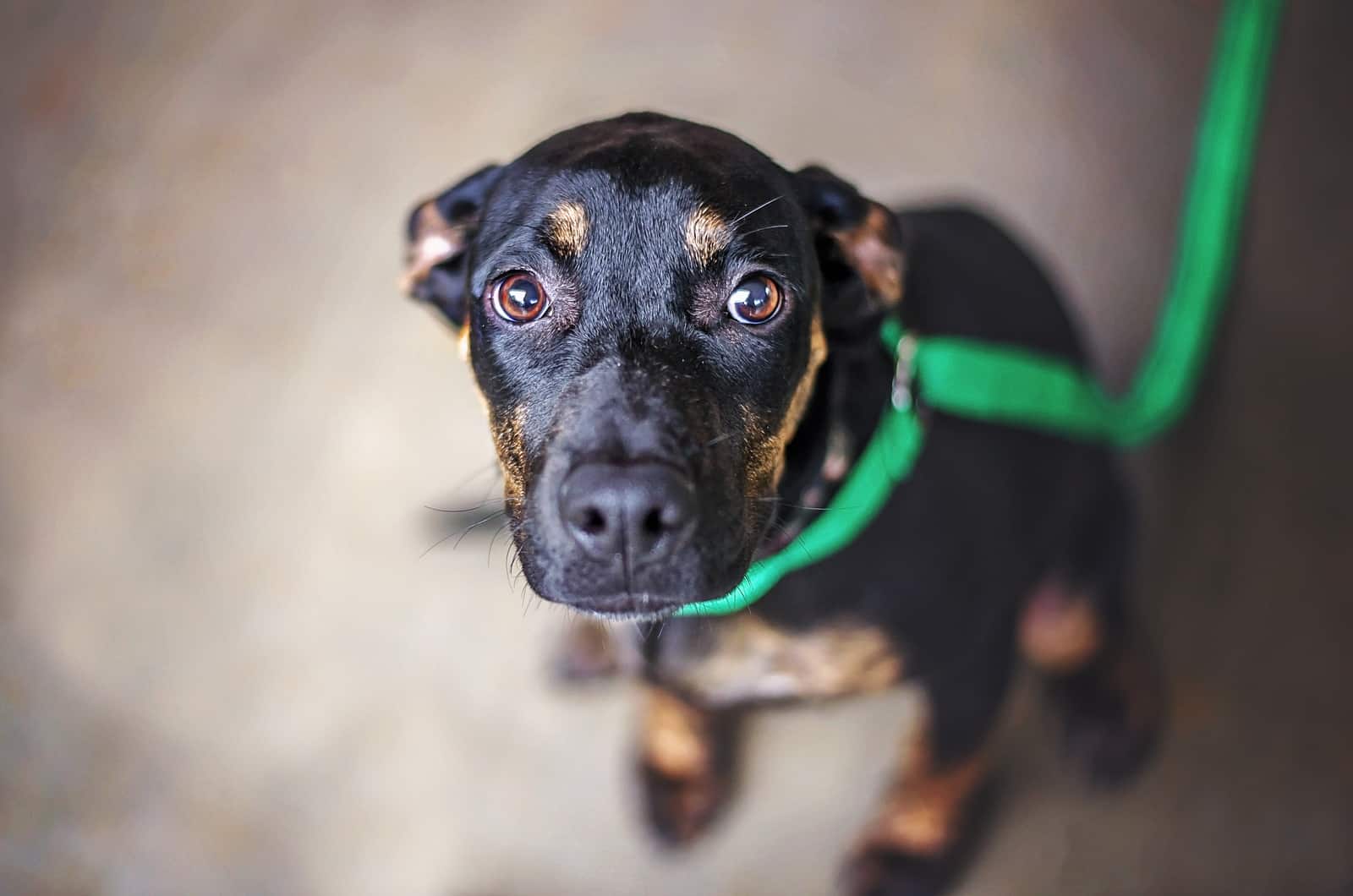
No, having a fish meal or a supplement isn’t the only reason why a dog could have a fishy smell. You may think it’s something ridiculous and not worth your attention. But, the truth is far more complicated.
A fishy smell coming from your dog is actually something that should be addressed with a lot of attention. In fact, almost all the reasons require immediate veterinary help.
So, what’s with the funky smell? What’s so rotten here?
The most common issue that causes fishy odor involves problems with anal glands. This odor is sharp, and it can be sensed from afar.
But, changes with a dog’s anal sacs aren’t the only cause behind the bad smell.
Other common fishy issues include dental problems, infections of the skin, UTIs, and digestive problems.
Soon, we’ll discuss each problem individually, and help you figure out the biggest of them all.
The Fishy smell that your dog carries must be treated immediately in order to prevent further complications.
Dog Breath Smells Like Fish? Dental Issues!

I can’t say a health issue isn’t serious enough, but I can’t say it’s the least serious of the problems we’ll address today.
All dogs have dental issues in some manner. It all depends on whether you take care of your dog’s dental hygiene or not. No matter how funny it may sound, you should brush your dog’s teeth daily. Yes, they need a doggy toothbrush and a special toothpaste every day!
Daily brushing should avoid tartar buildup, which can also smell quite bad.
Other periodontal diseases with dogs include red or inflamed gums, or an abscess or broken teeth. They all stand behind a fishy smell.
Once you spot problems like the ones I’ve listed, you must consult your vet. Brushing doesn’t help with broken teeth. The vet must take the tooth out or treat the issue.
However, regular hygiene will prevent further problems with plaque, infections, or bad breath coming from your dog’s mouth.
If there aren’t any visible problems inside your dog’s mouth, then check for diabetes or even kidney diseases since they can emit a fishy smell from the mouth, too!
Does Your Pups’ Urine Smell Fishy?

If so, it’s a UTI or Urinary tract infection.
This is another common cause of foul odor with dogs.
Dogs with a UTI have problems urinating. If they could talk to us, they’d say it hurts to do number 1.
This is because of a heap of bacteria found in their urine.
You can’t treat a UTI successfully at home. I urge you to visit the vet once you notice that your dog’s urine smells funny. The vet will prescribe antibiotics which should treat the UTI and stop the fishy smell for good.
Yeast Infections And Foul Smell
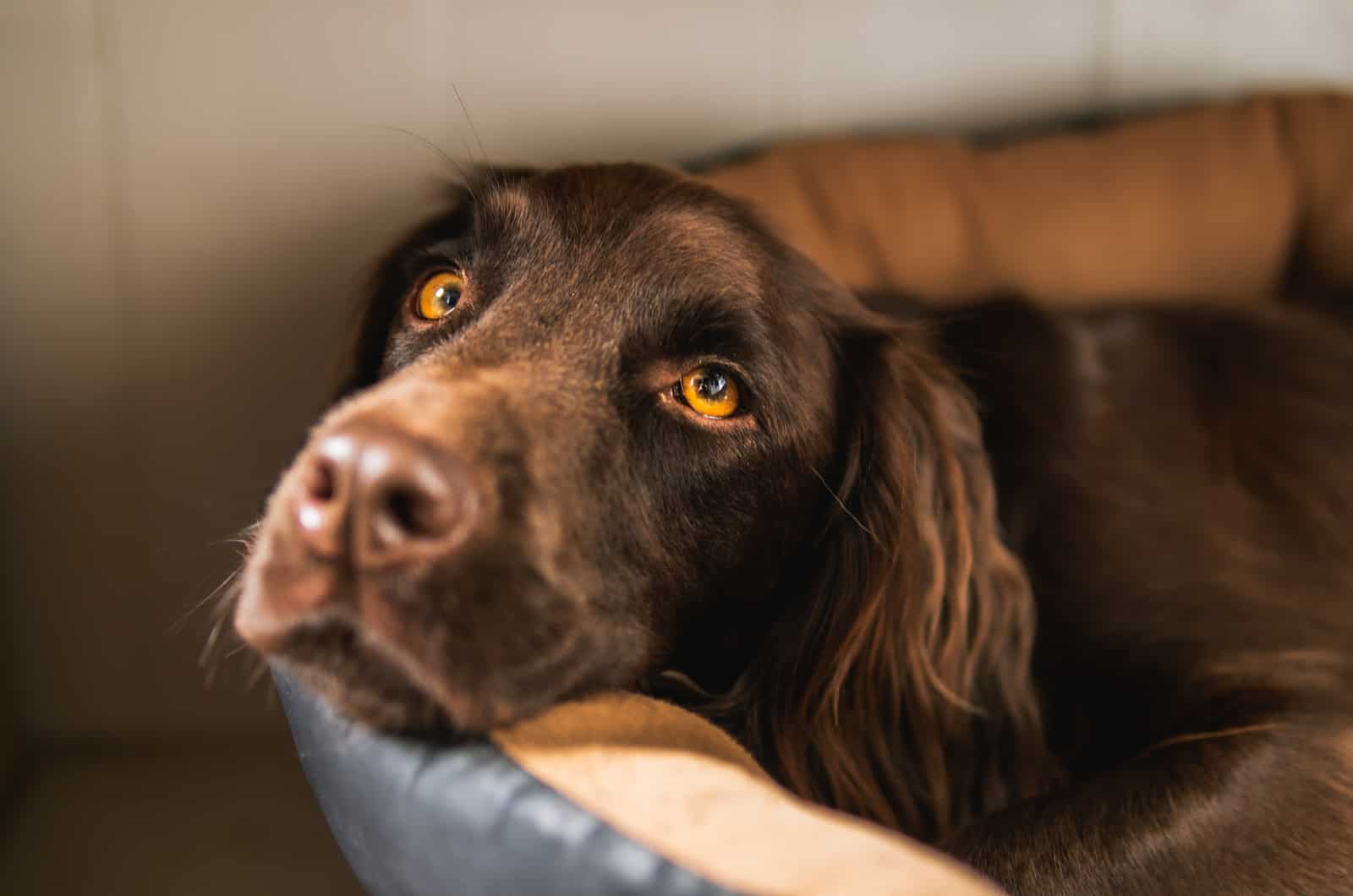
All dogs can get some sort of yeast infection. Still, dogs with lots of wrinkles and loose skin like the Pug can have more problems with this health issue than the others.
Bacteria and yeast love warm and dark places where they can grow and feed on the dog’s skin. A French Bulldog’s skin folds are the ideal place for future yeast infections. Yeast and bacteria feed on dead skin cells and cause irritation, redness, foul smell, and even pain.
This is why bathing your dog regularly with appropriate dog shampoos is so important. If you don’t have the time to wash your dog, have the groomer do it for you.
Yeast infections can strike places like the dog’s ears, eyes, and paws. Even your female dog smells fishy sometimes because of yeast infections! Girls will understand, right?
In such cases, ask the vet for treatment, but also limit carb intake for your dog, and buy a natural, soothing dog shampoo.
Digestive Problems And Foul Odor
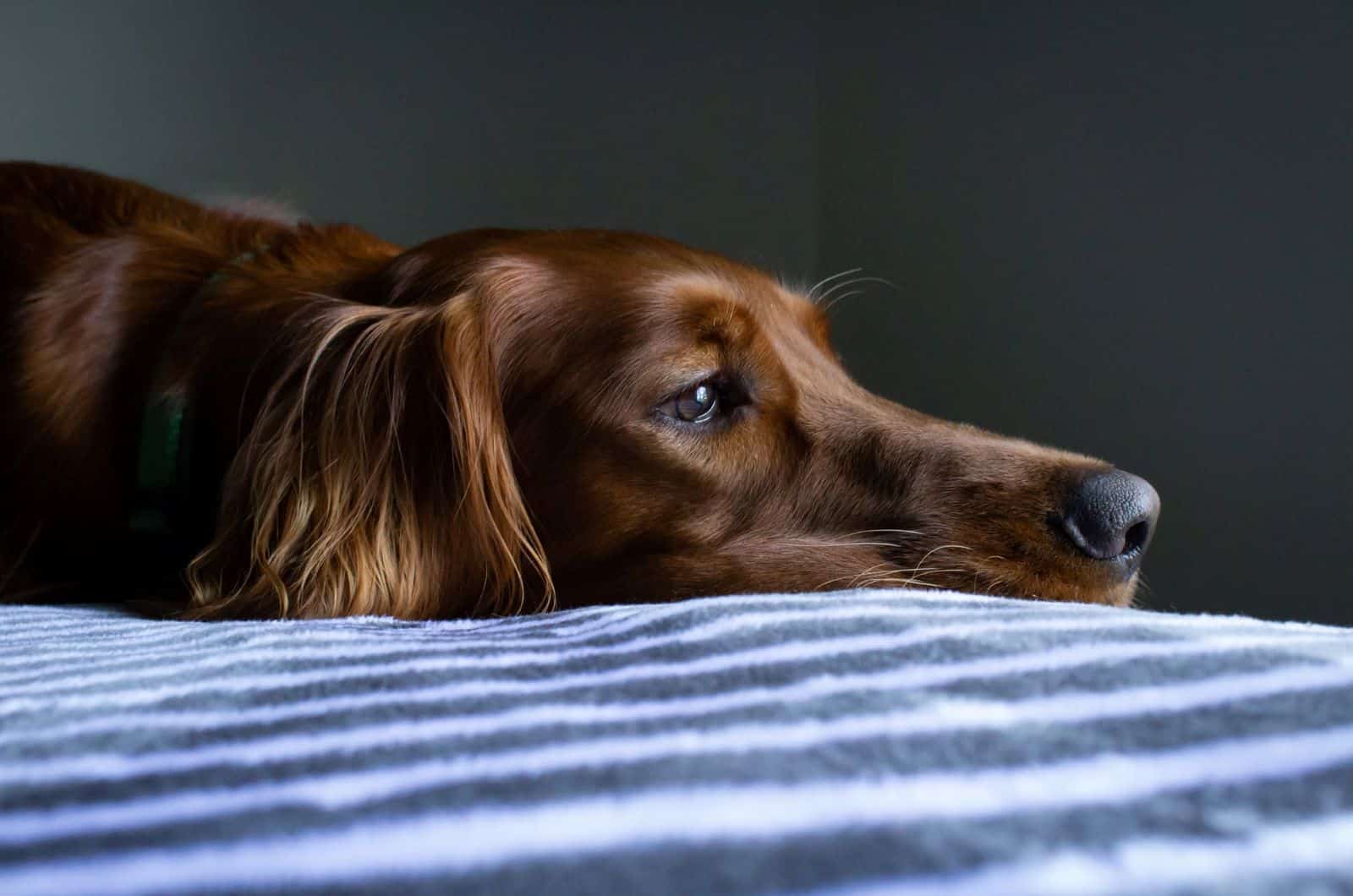
Your dog’s poop is more important than you think.
A dog’s stool can tell us a lot about any health issues a dog is experiencing.
For example, runny or soft stools will show us that our dog’s diet is not appropriate. The foul scent indicates that your dog needs a fiber diet that is rich in nutrients and that won’t trigger its sensitive stomach.
If doggy diarrhea doesn’t stop or your dog is still experiencing stool issues with a bad smell, take a stool sample and ask the vet to test it for parasites or other intestinal issues.
Dog’s Fishy Smell From Anal Glands
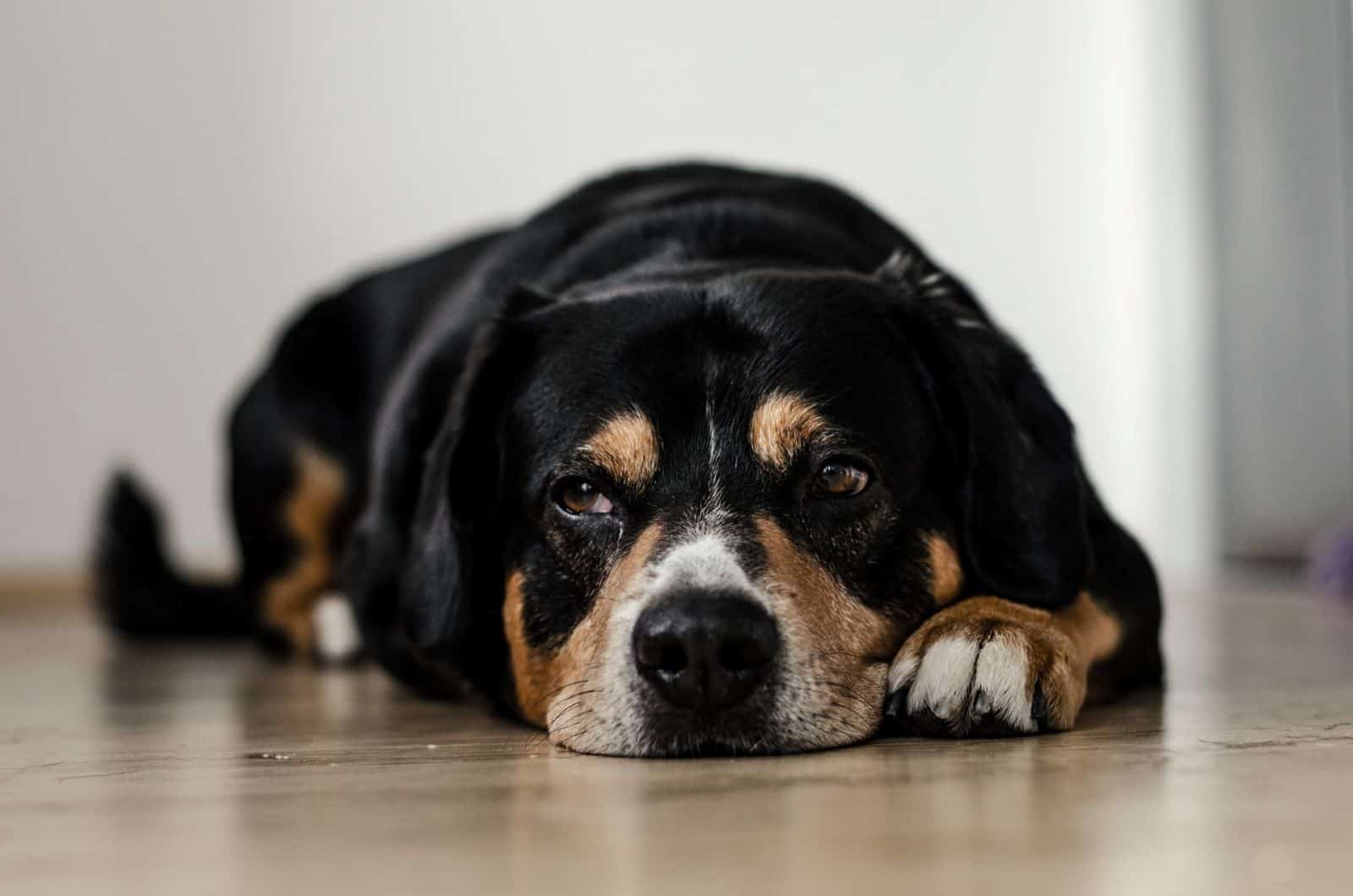
The previous health problems are important, but the biggest reason behind asking the burning question are your dog’s anal sacs.
Don’t worry – it’s usually something that can be treated easily, but you need to put this under control, too.
Since anal glands are very common, we’ll go in depth about issues with them and show you how to solve the problem on your own.
First off, you need to understand what anal glands are.
Anal glands are sacs which you can find on the side of your dog’s anus. In fact, there are two of them. These sweat glands emit the sharp scent that dog’s use to mark their territory. So, yes, you can call them scent markers, too.
Anal gland problems usually strike only small dogs. However, other dog breeds can have issues, too, especially if they’re prone to obesity.
Keep on reading to find out which symptoms are a clear sign that your dog is experiencing anal gland issues.
Symptoms Of A Dog’s Anal Gland Issues:
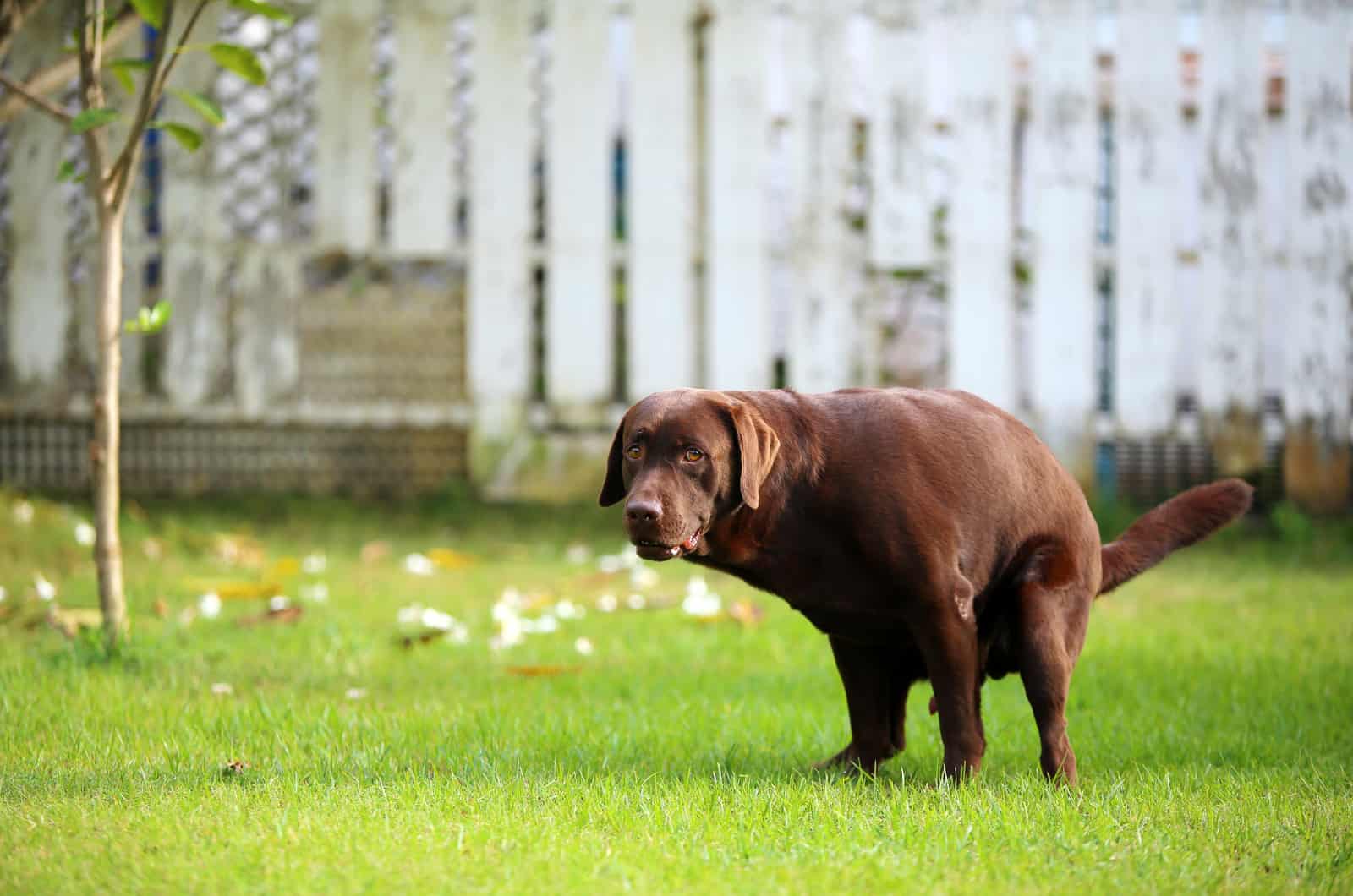
Of course, anal sac problems aren’t asymptomatic. Besides the fish smell, you’ll definitely notice that something’s wrong with your buddy.
First, you’ll notice your dog having problems doing number 2. Also, the fishy smell should start immediately when the problems occur.
If you notice blood in the dog’s stool, or even puss, that’s also a sign!
Symptoms like visible secretions, scooting on the floor, excessive licking of their private parts, problems sitting down, and visible lumps on your dog’s rectum all indicate that you should see the vet before it is too late.
When’s too late?
When you notice bloody wounds on your dog’s anus, which is a clear sign that your pup is experiencing anal gland rupture.
What Are Other Anal Gland Problems?

The fish smell isn’t the only problem happening with the dog’s anal glands.
Unfortunately, there are several, even critical, issues that can affect the anal glands, and a dog’s health in general.
Since anal sacs are supposed to secrete every time a dog does the doo-doo, we must be worried if that doesn’t happen. Anal sac impaction is very common. The blocked content of the glands dries out and causes a complete blockage that leads to infections.
Anal sac infections cause extremely painful and swollen glands. If not treated, they can lead to ruptures.
Sadly, anal sac tumors do exist. But, the good news is that they’re usually not malignant. If you have a male dog, make sure you check for this anal sac disease as it only happens with males.
Each of these problems should be consulted with the vet. But now, I will show you how to help your dog’s anal gland secretions work like a Swiss clock!
How Do You Stop That Bad Smell? DIY Or Not?
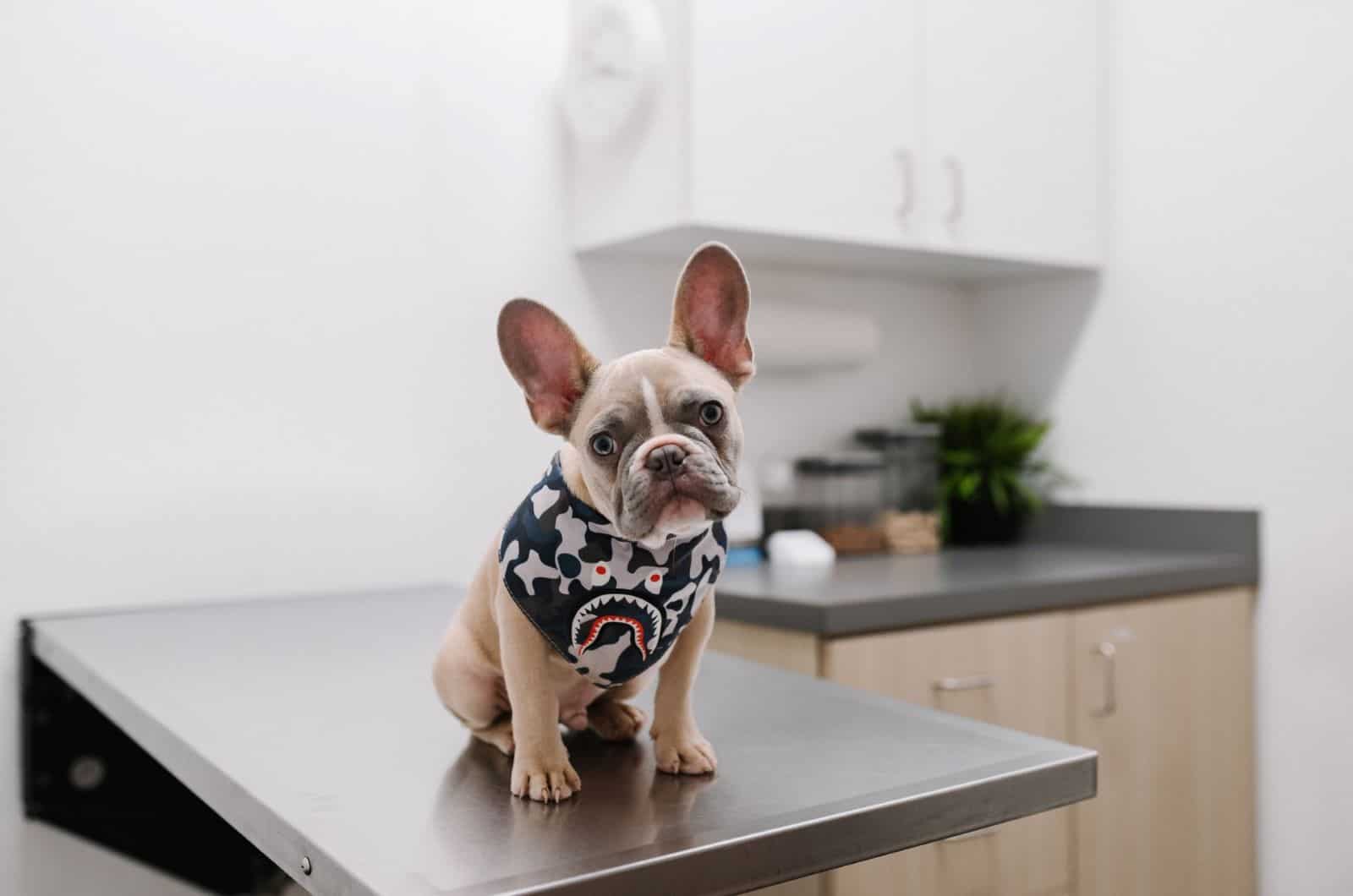
Before we get started, I want to stop you for a moment.
You won’t learn how to empty your dog’s anal sacs on your own in this article. That’s too dangerous to do at home.
Always ask your vet for help – never do it alone, without the vet’s guidelines.
It’s best to leave them empty naturally.
Also, some professional groomers can help you with your dog’s anal sac problems unless it’s something so severe that it requirers a vet’s help.
What you can do is help your dog have a healthy, balanced diet. Don’t allow Fido to cross the line to obesity. Exercise the dog regularly and offer plenty of fresh water.
If you play this by the book, the chances of you ending up questioning your dog’s fishy smell are minimal!
Leave a Reply